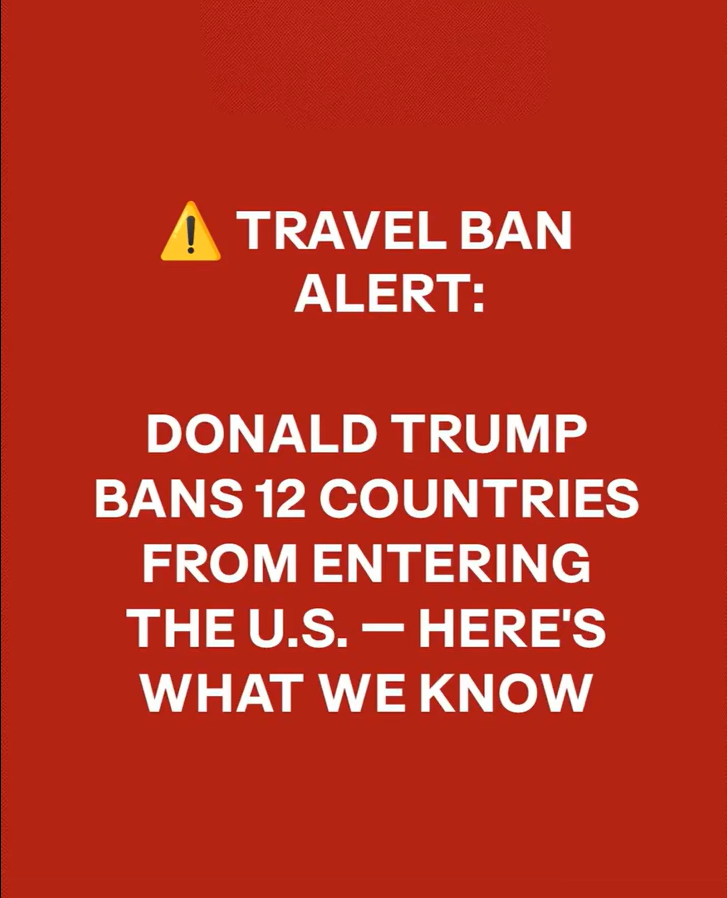On June 4, 2025, President Donald Trump signed a proclamation banning entry from 12 countries and imposing partial restrictions on 7 others. The order, aimed at national security, cites terrorism concerns, high visa overstay rates, and lack of cooperation from certain foreign governments. Countries like Afghanistan, Iran, Myanmar, and Somalia are among those fully affected, with exceptions granted to lawful residents and select visa holders.
The proclamation outlines specific issues for each nation. Afghanistan and Myanmar face scrutiny over unreliable passport systems and visa overstays. Countries such as Eritrea, Haiti, and Chad are criticized for not cooperating with deportation processes and weak law enforcement.
Iran and Cuba are highlighted for links to terrorism sponsorship, while nations like Venezuela and Turkmenistan are noted for poor immigration compliance.
Libya, Yemen, and Somalia are also cited due to ongoing instability and lack of centralized government control.
The new travel ban is set to take effect on June 9, 2025, and may be lifted if the affected countries address U.S. concerns. This move mirrors the administration’s previous travel restrictions introduced in 2017.
Alongside the proclamation, the U.S. State Department has updated its “Do Not Travel” advisory list, adding North Korea due to risks of detention and limited consular support. Other nations, including Uganda and Mexico, remain on high alert due to crime and unrest. U.S. travelers are advised to review advisories and take precautions before traveling abroad.
